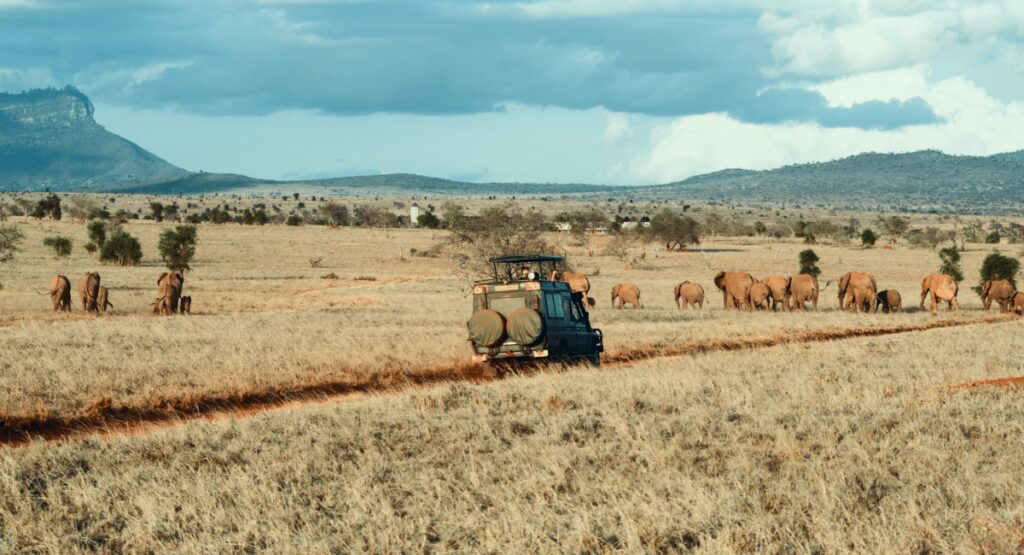Responsible wildlife tourism involves interacting with animals in an ethical and sustainable manner. It is important to research tour operators who prioritize conservation and animal welfare, avoid activities that harm wildlife, respect their space, support conservation efforts, practice Leave No Trace principles, and educate others about responsible tourism practices. By following these tips, travelers can enjoy wildlife encounters while ensuring the well-being and preservation of animals and their habitats for future generations. It is our responsibility to behave in a manner that benefits wildlife and the environment, allowing us to appreciate the wonders of nature responsibly.
Responsible Wildlife Tourism: Tips for Ethical Encounters
Wildlife tourism can be a rewarding and enriching experience when done responsibly. It allows us to connect with nature and marvel at the beauty of the world’s creatures. However, it is important to remember that our interactions with wildlife can have a significant impact on their well-being and the environment. To ensure that your wildlife encounters are ethical and sustainable, here are some tips to keep in mind:
Research the Operator
Before booking any wildlife tour or experience, take the time to research the operator. Look for companies that are committed to conservation and responsible tourism practices. Check if they are affiliated with reputable organizations such as the World Wildlife Fund or the International Ecotourism Society. Ask about their policies on animal welfare and conservation efforts.
Choose Responsible Tour Operators
Opt for tour operators that prioritize the well-being of animals and the environment. Avoid companies that promote activities that exploit or harm wildlife, such as elephant rides, swimming with captive dolphins, or feeding wild animals. Look for tour operators that offer educational experiences and follow ethical guidelines for wildlife encounters.
Respect Wildlife
When observing wildlife, remember to keep your distance and avoid disturbing their natural behavior. Do not approach or touch animals unless instructed by a guide. Use binoculars or a zoom lens to get a closer look without intruding on their space. Be mindful of your actions and the impact they may have on the animals and their habitat.
Support Conservation Efforts
Contribute to wildlife conservation by supporting organizations and initiatives that work to protect endangered species and their habitats. Consider donating to conservation projects or volunteering with local conservation groups. By supporting these efforts, you are helping to ensure the long-term survival of wildlife and their ecosystems.
Leave No Trace
Practice Leave No Trace principles when visiting wildlife habitats. Take care to minimize your impact on the environment by packing out all trash, staying on designated trails, and respecting wildlife and their homes. Avoid purchasing souvenirs made from wildlife products or materials that harm the environment. Leave the habitat as you found it, so that future generations can also enjoy its beauty.
Educate Others
Spread awareness about responsible wildlife tourism practices and the importance of conservation. Educate your friends, family, and fellow travelers about the impact of their actions on wildlife and the environment. Encourage others to make ethical choices when interacting with wildlife and to support sustainable tourism practices that benefit both people and the planet.
By following these tips for ethical wildlife encounters, you can ensure that your travels respect and protect the natural world. Remember that as visitors in the animals’ spaces, it is our responsibility to behave in a manner that is beneficial to their well-being and conservation. Together, we can enjoy the wonders of wildlife while also safeguarding their future for generations to come.
